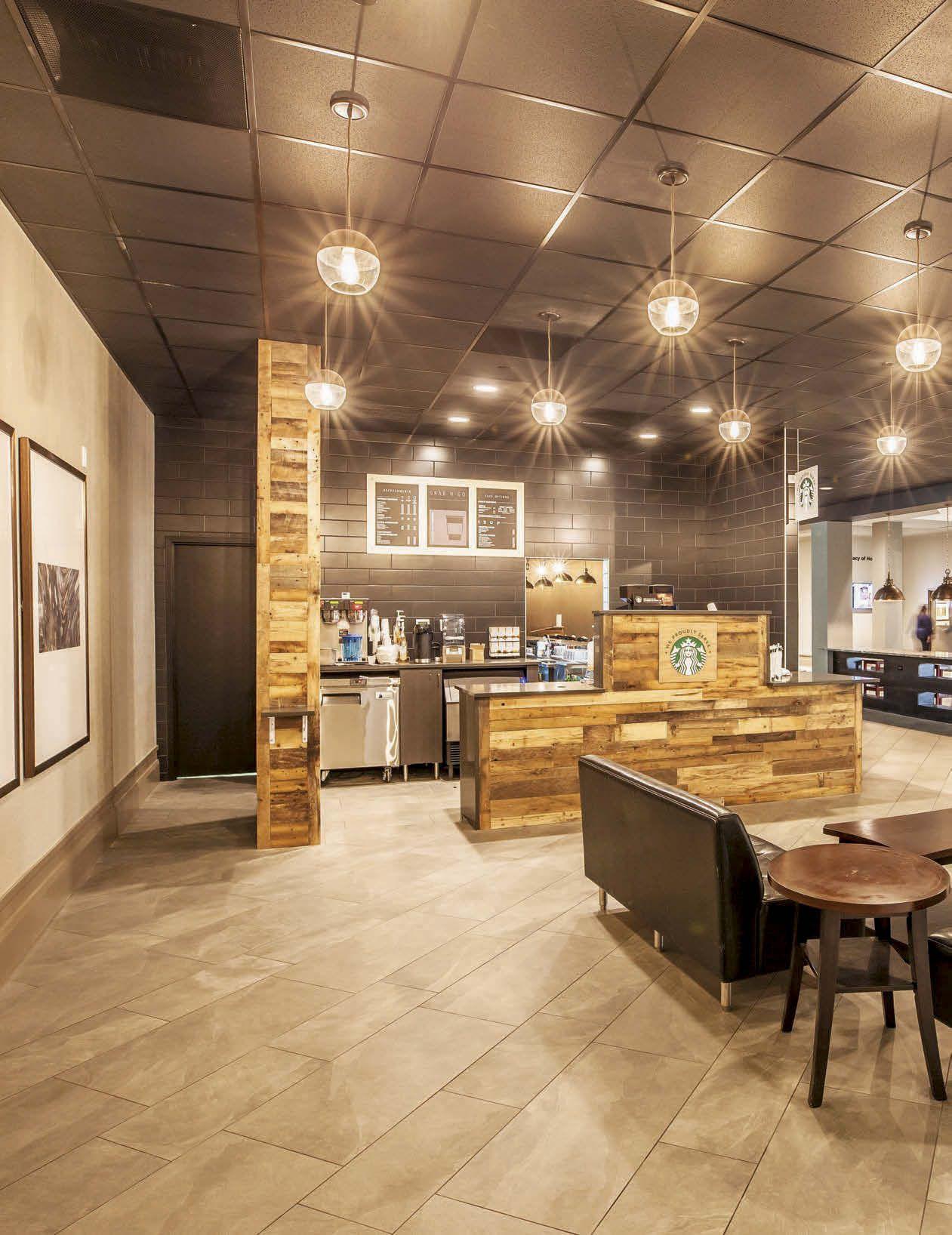
4 minute read
‘Big Business’
Corporate travel, despite its price tag, benefits companies and their employees, brings dollars into the cities hosting events and prompts evolution in hotels and venues
By Lisa Gibson
When Jason McKeever plans Eide Bailly’s internal meetings, conferences and events all around the country, he makes sure to plan social activities in the evenings, incorporates as much interactive learning as possible into any training sessions, and ensures employees aren’t away from their homes and families over weekends. As director of training and development for the Fargo-based business advisory and accounting firm, that’s his job.
Eide Bailly has a sizable budget for corporate travel that doesn’t skimp on amenities, meals or fun. McKeever’s team plans and executes about 50 corporate events per year with attendance between 25 and 300, spending about $1,500 per person per trip, depending on the number of people traveling and the location, length and complexity of the event. Those costs include airfare, rental cars, lodging, food, activities and any training costs. That doesn’t include fees for outside speakers who might appear at events, or other additional costs.
But it’s “absolutely” worth it to Eide Bailly, McKeever says. “The firm does feel it’s important to bring people together. It is important to provide those opportunities and to build our one-firm concept so people know people across all offices and all locations.”
Planning and Engagement
Eide Bailly has 29 locations across the country, and that means its staff members are traveling from airports of all sizes. A contract with Delta Air Lines helps secure preferential pricing and treatment for its employees, and a separate, internal company app provides simple travel booking. Both help manage costs, and bring other benefits as well. “It gives us a better way to keep our travelers informed and to give them additional insights on how they can travel better with less stress,” McKeever says.
The company also works with third parties to book hotels or event centers, specifying basic needs that are not negotiable and weeding out any options that don’t fit the criteria. The third party brings buying power that has advantages such as free or reduced rooms, corporate rates or upgrades.
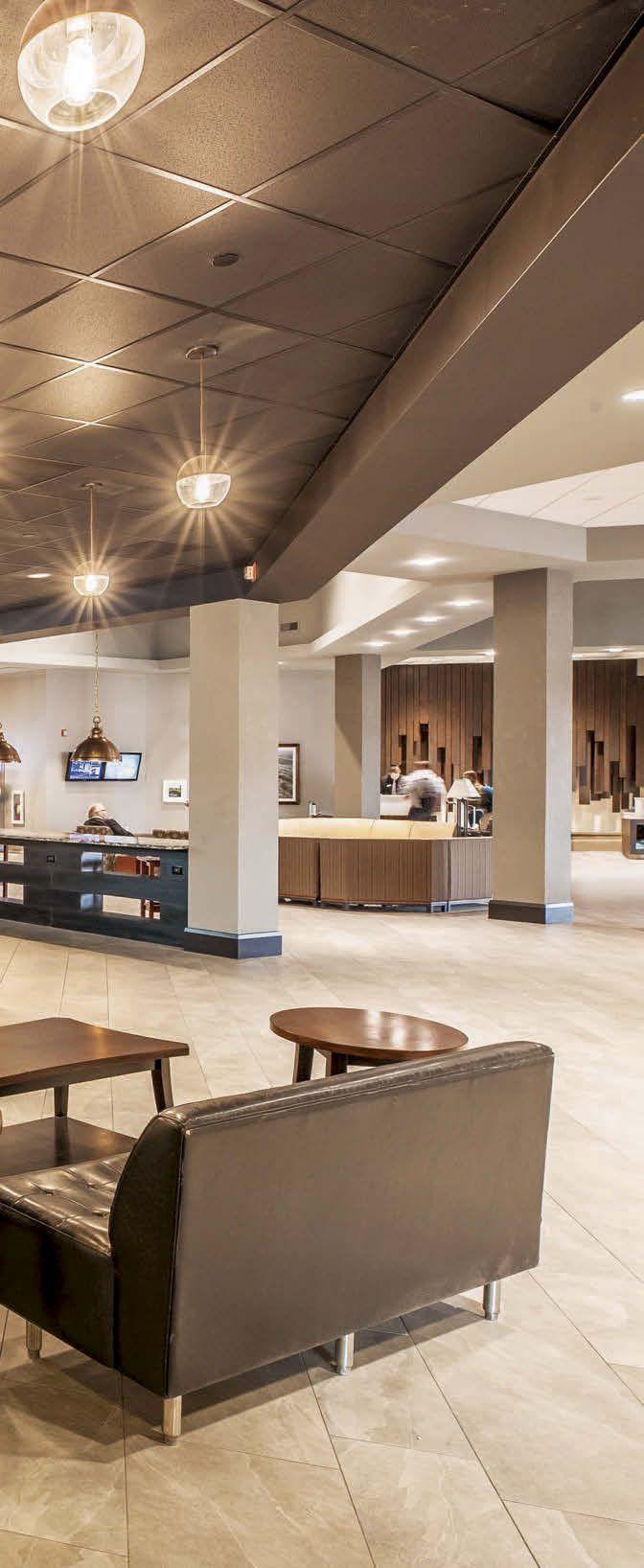
When choosing event venues, McKeever’s team analyzes meeting space, pricing and location for each event’s specific needs. An event might require multiple breakout session rooms, specific equipment rental options or proximity to networking opportunities or airports. “We have to look for space that will meet our agenda,” he says.
Beyond the agenda, a corporate travel destination should have opportunities for employee engagement outside the meeting rooms. McKeever’s team plans social, evening events to keep things fun, such as dinners, entertainment and team-building competitions. At a Minneapolis event, Eide Bailly rented buses for 300 employees and took them on a progressive dinner tour through the city, stopping at different restaurants for each course: appetizers, dinner, dessert and drinks. “Our people travel a lot, just as a course of their job,” McKeever says. “When they’re traveling beyond taking care of clients, we want to make sure there’s an element of enjoyment to it.”
Local Economic Impact
Corporate travelers and their employers, such as Eide Bailly, bring in money to local economies and represent large shares of the market in some cities. That’s definitely true in Bismarck, which hosted 450 multi-day meetings and events in 2016, drawing in a total of about 314,000 people who spent more than $31 million, says Sheri Grossman, CEO and executive director of the BismarckMandan Convention and Visitors Bureau. “We’re very active in the corporate meeting and convention arena,” Grossman says. “It’s a big business for us.”
Bismarck has a focused marketing strategy to draw corporate travelers, emphasizing the amenities and perks meeting and event planners want to see. “Business meeting planners care about facilities and what will make their lives easier,” Grossman says. The CVB advertises regionally and nationally to decision-makers who are looking for specific food, technology, proper space requirements, state-of-the-art equipment and other features Bismarck has to offer. “So we focus on that angle when we’re advertising and marketing, even when we’re speaking to these decision-makers,” she says, adding, “We know North Dakota’s great, but it can be a tough sell.”
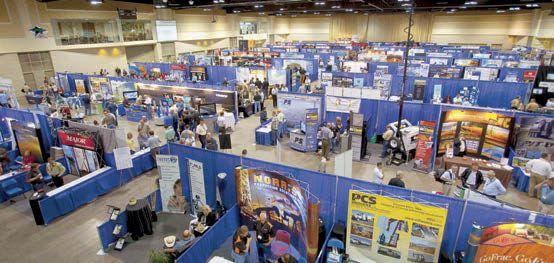
It’s crucial to target groups that will increase Bismarck’s success rate and present a win-win for the travelers and the venue, she says. “We want them to be happy with their time here and we want it to work well for the people that are hosting here.”
A remodeling and rebranding of the Ramada Plaza in Fargo was prompted by a desire to attract more corporate travelers, providing them the discounts, amenities and conveniences they require, says Norman Leslie, president of National Hospitality Services in
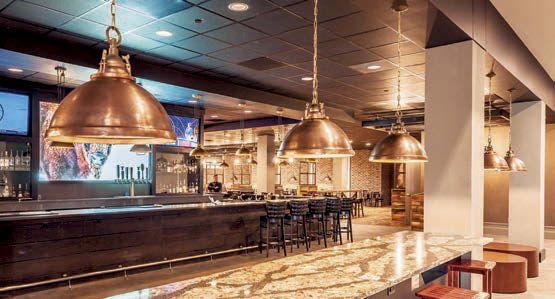
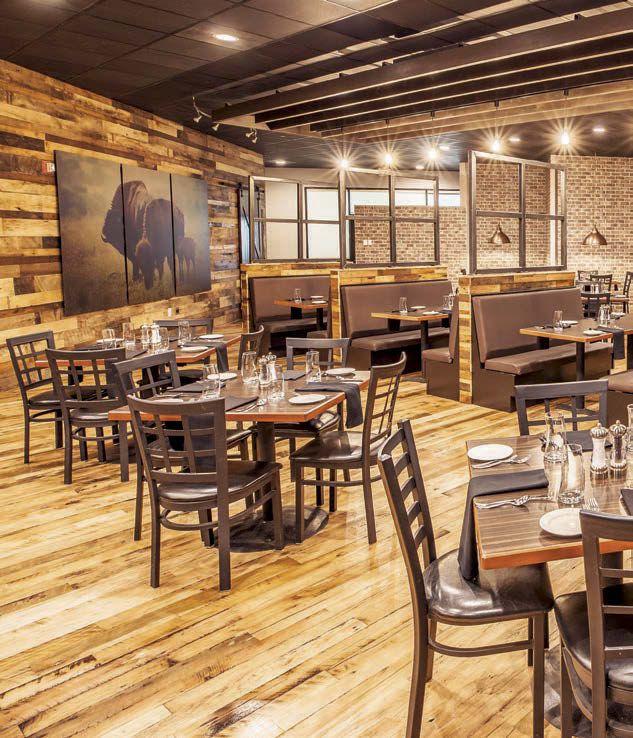
Fargo, a hotel management company that manages the former Ramada Plaza. To attract corporate travelers, a hotel needs to have relationships on a national level, he says.
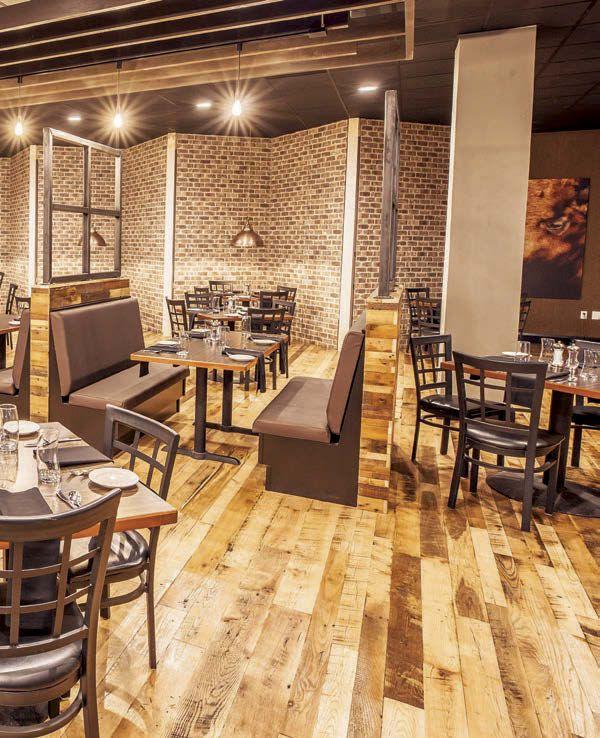
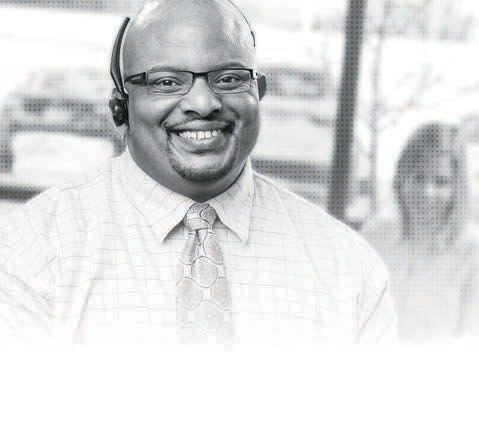
The hotel has changed its name and is now a Delta by Marriott property, with a newly redesigned interior and exterior. The Ramada Plaza had been around for more than 21 years and the partnership with Ramada was positive, but the Marriott brand is more conducive to corporate travel, Leslie says. “This is the evolution of the hotel.”
That meant upgrades to the fitness center, pool, bar, restaurant, internet bandwidth, business areas and more. “That’s what guests are expecting,” he says. The new restaurant and bar is called Urban 42, a Starbucks has been added, and an on-the-go market is set up in the commons area, all to provide frictionless corporate travel.
Amenities and conveniences do play a large role in venue choice, and if other costs can be cut through selection of a specific venue, even better, McKeever says, citing rental cars or taxi fare to and from airports. Some events do come with large price tags, but the company has a “fairly sizable” budget dedicated to training and travel, McKeever says, adding that the trips support the company’s collaborative, team-building culture. PB









